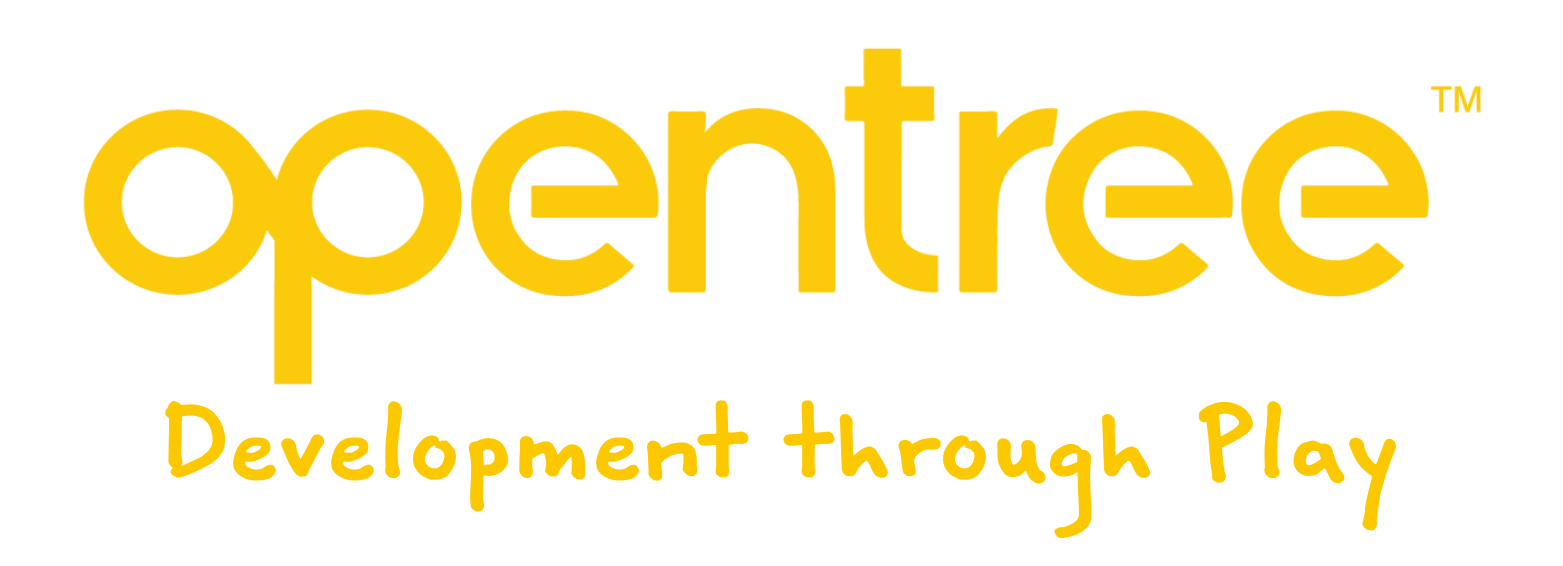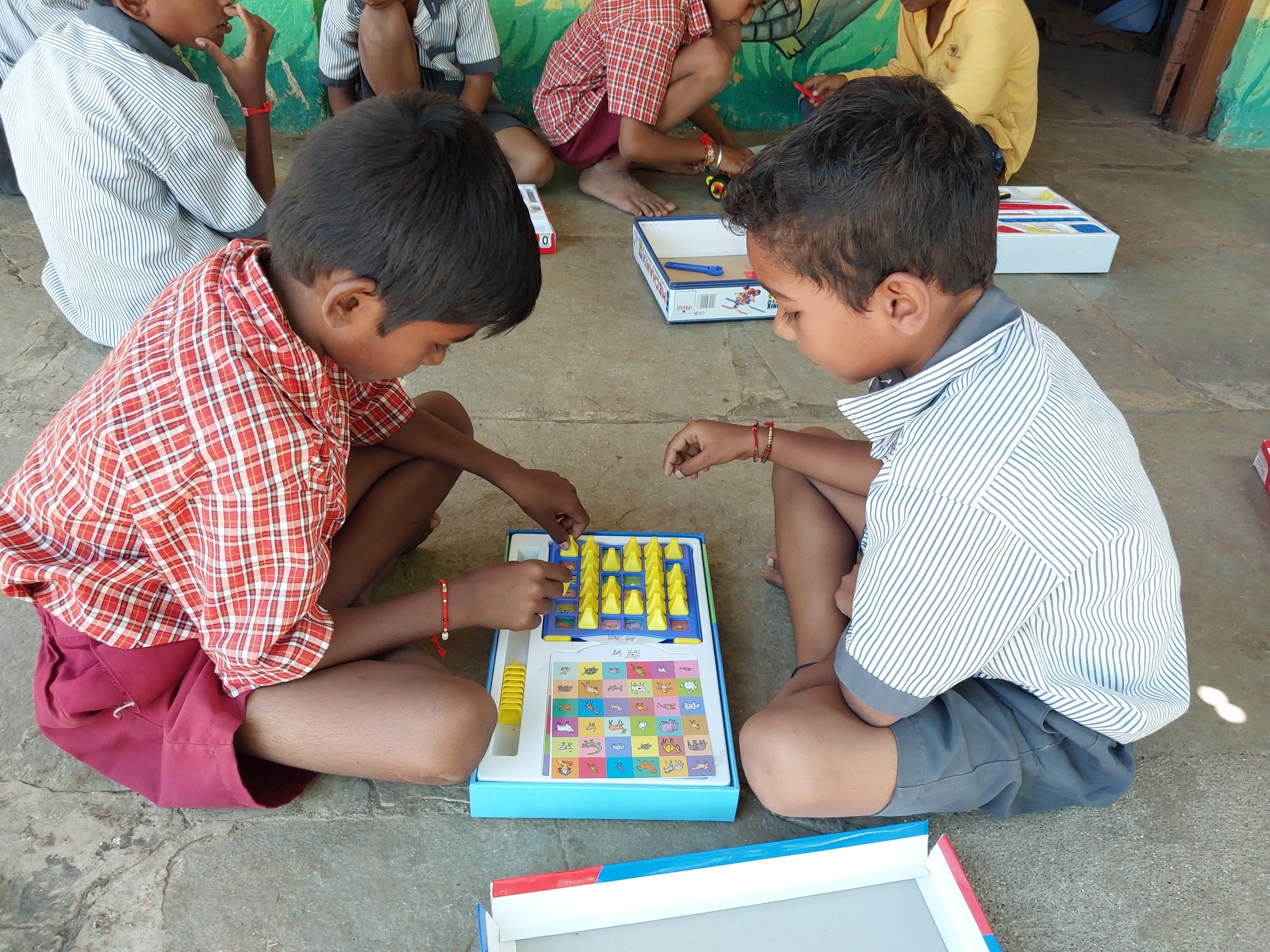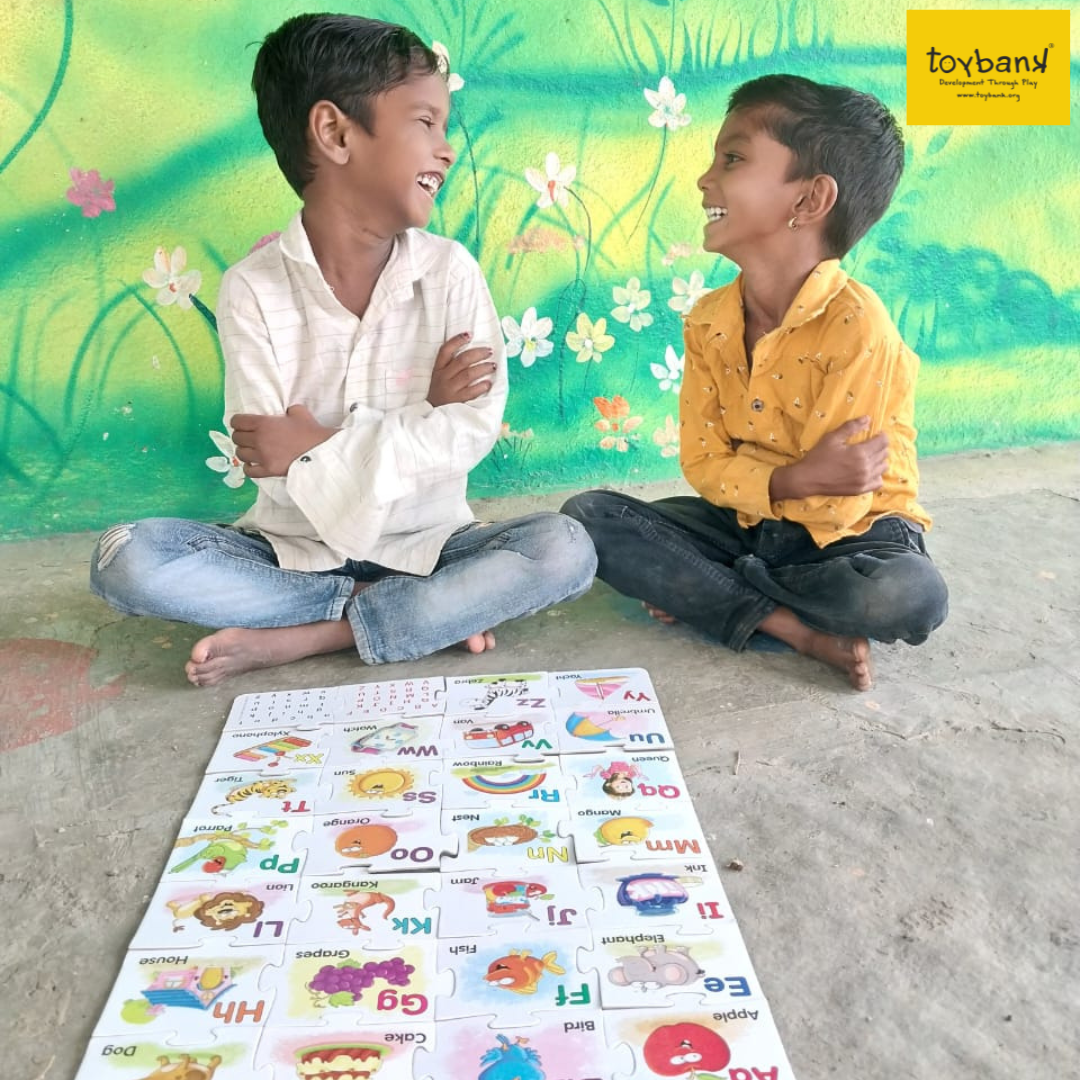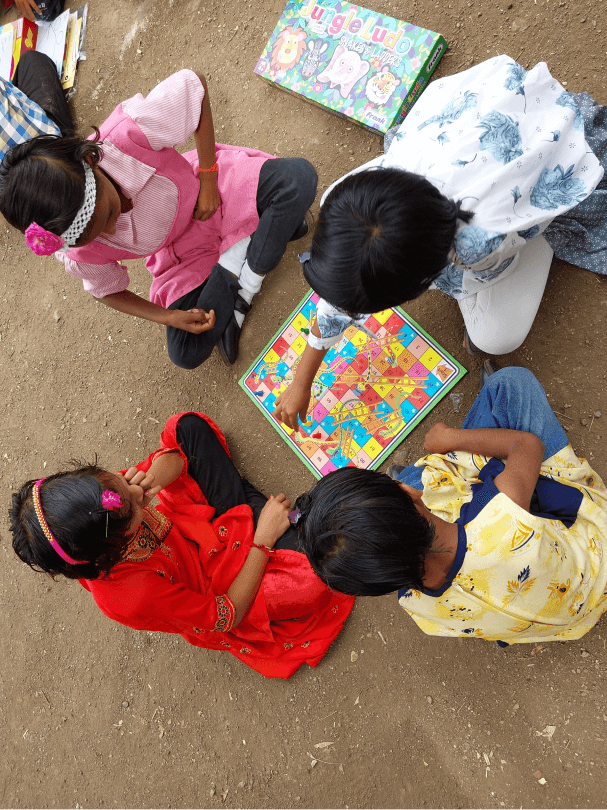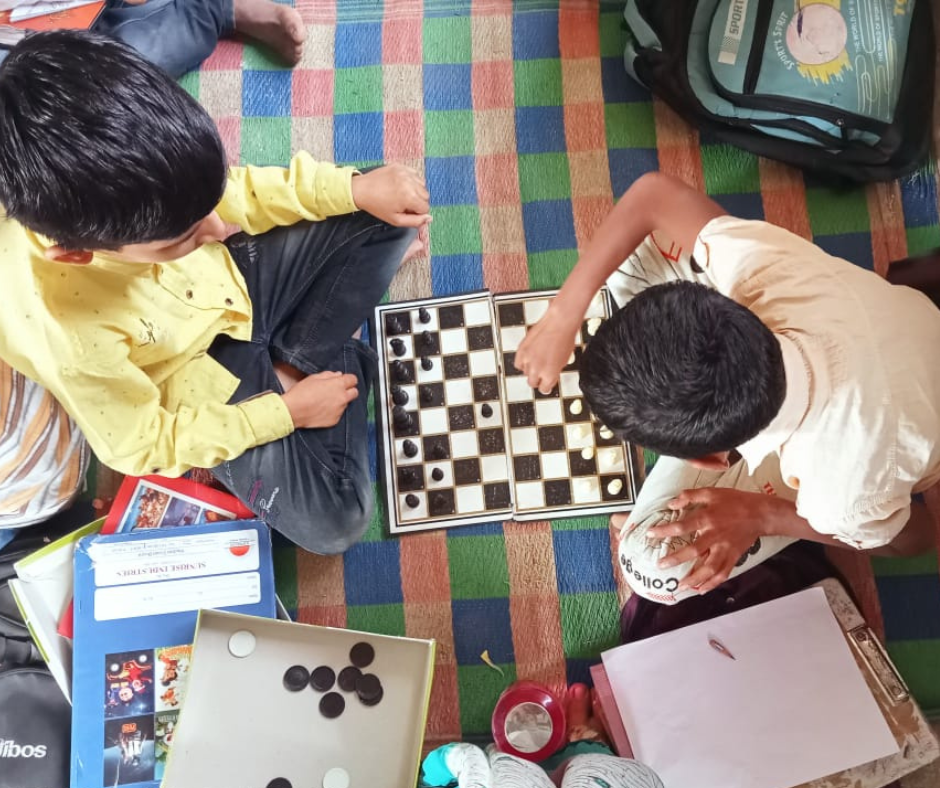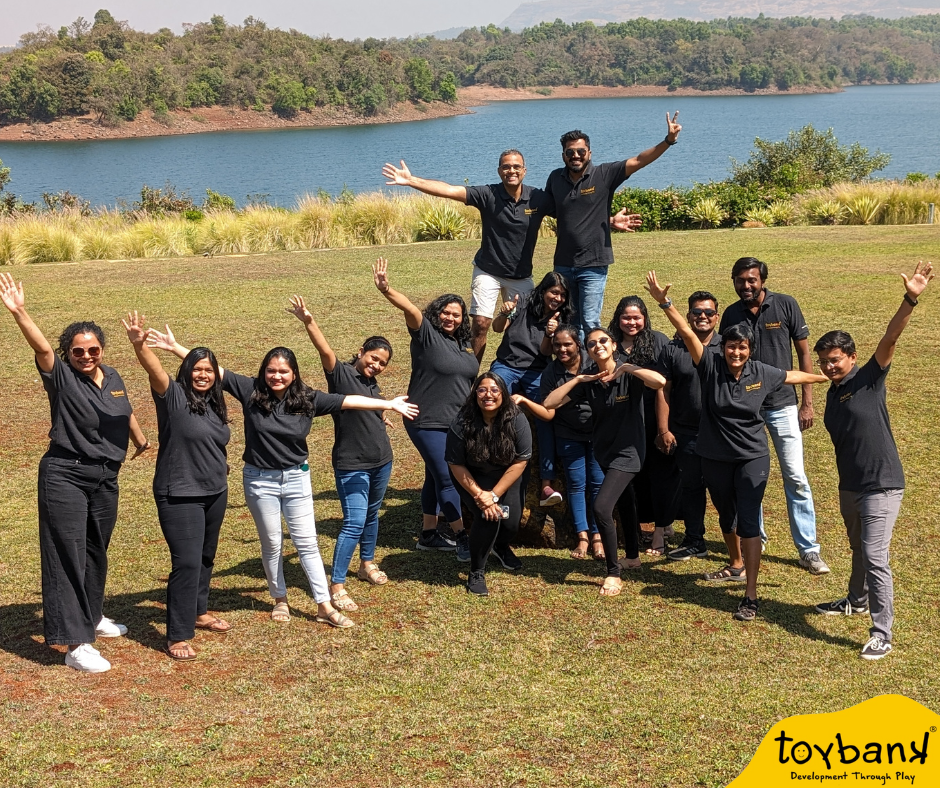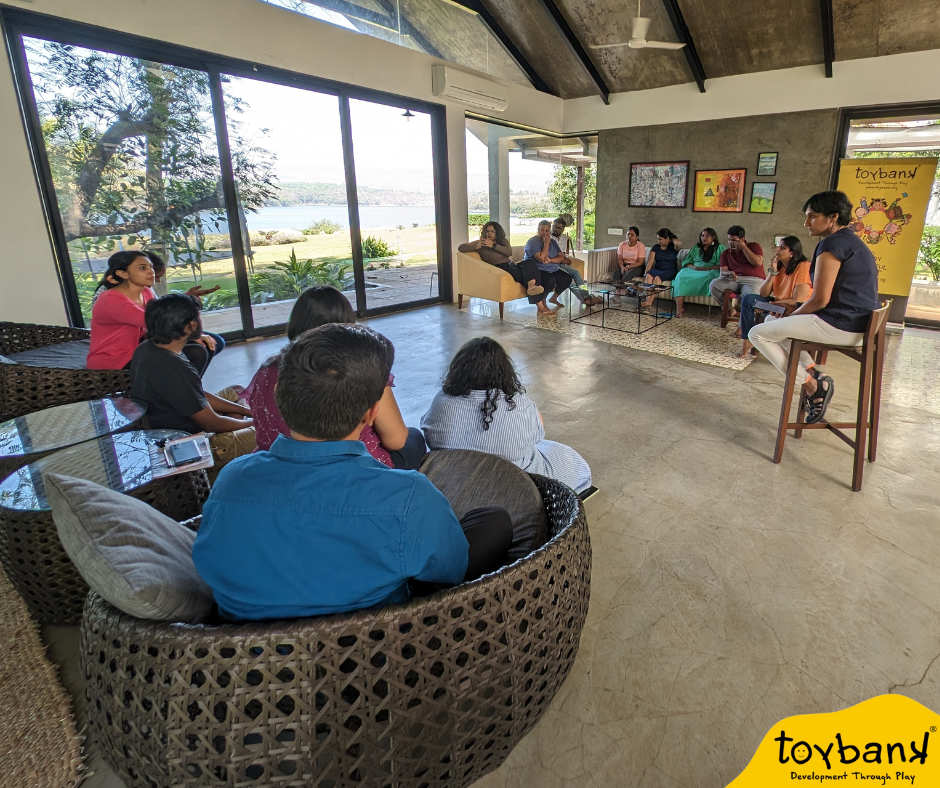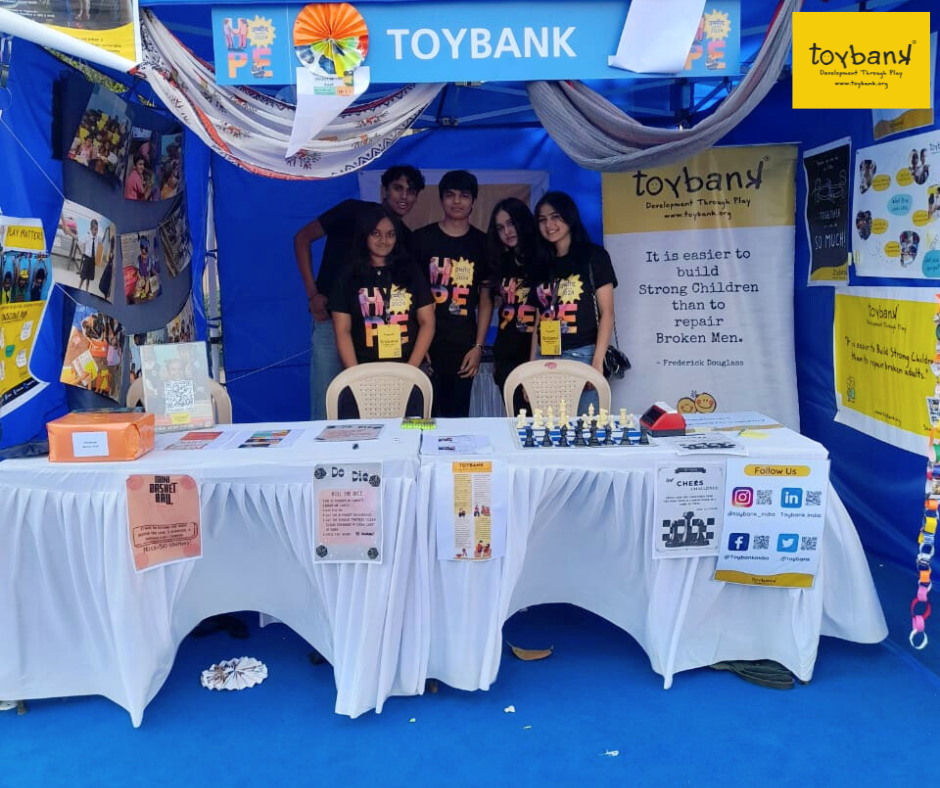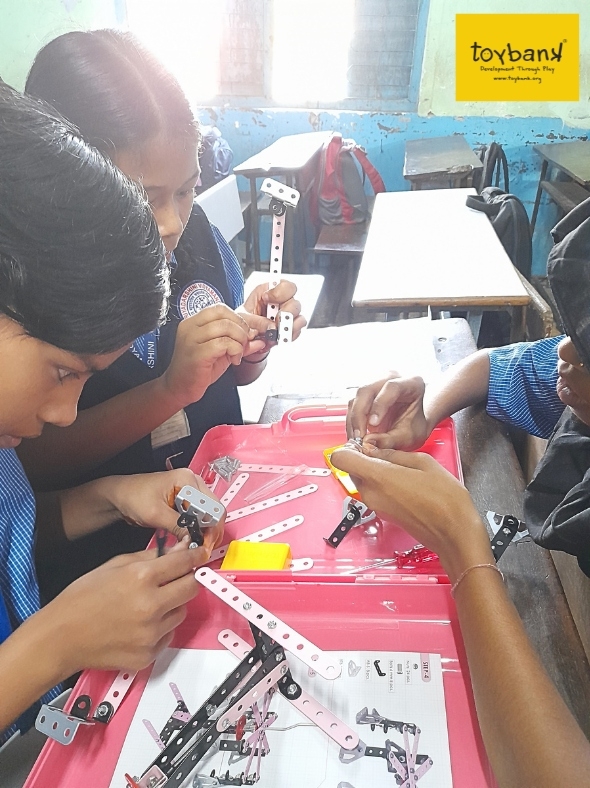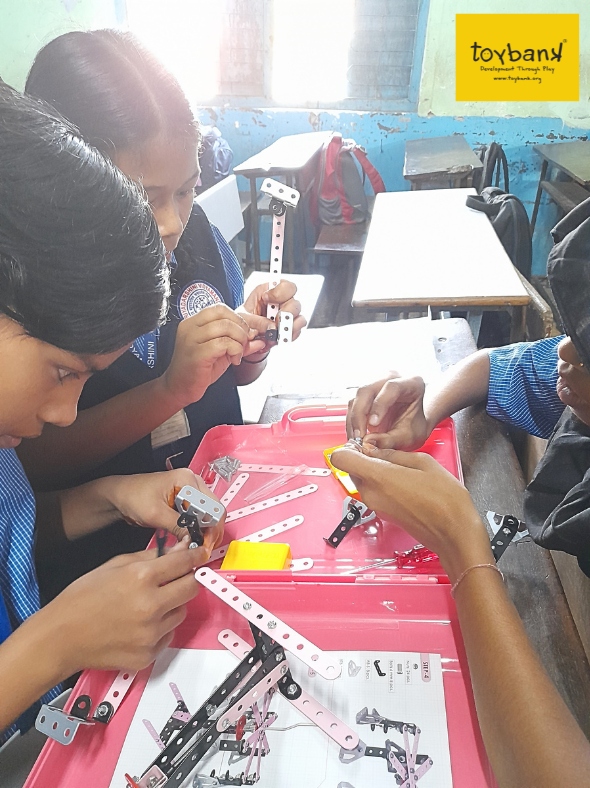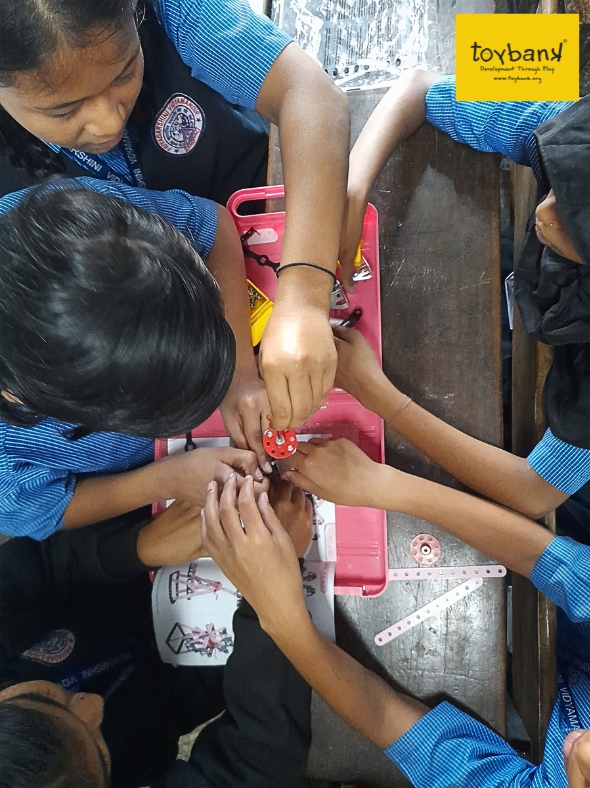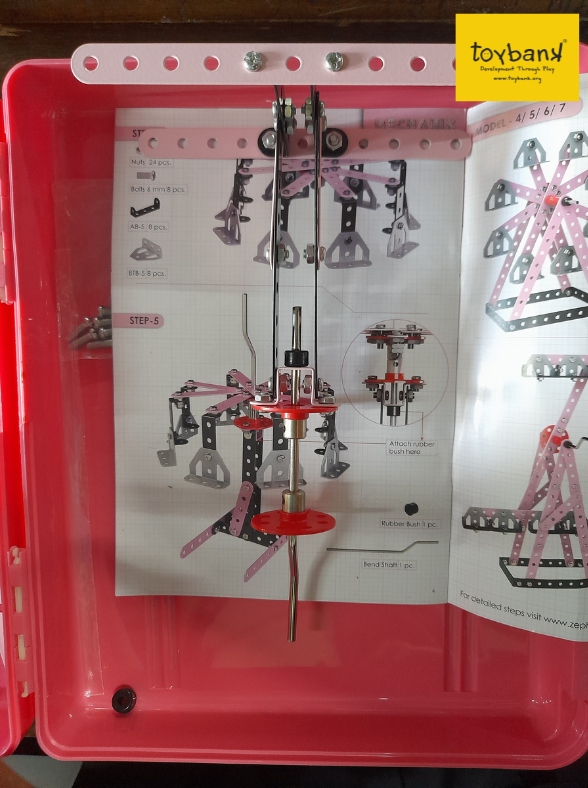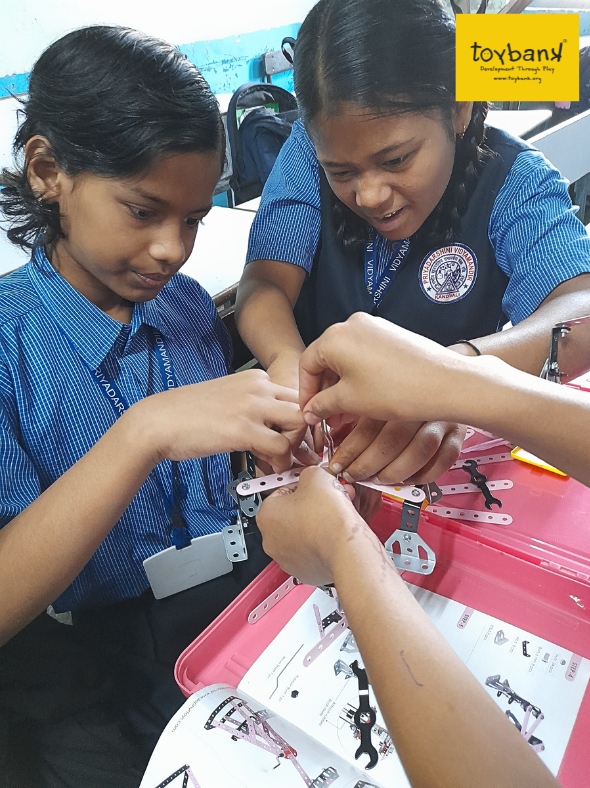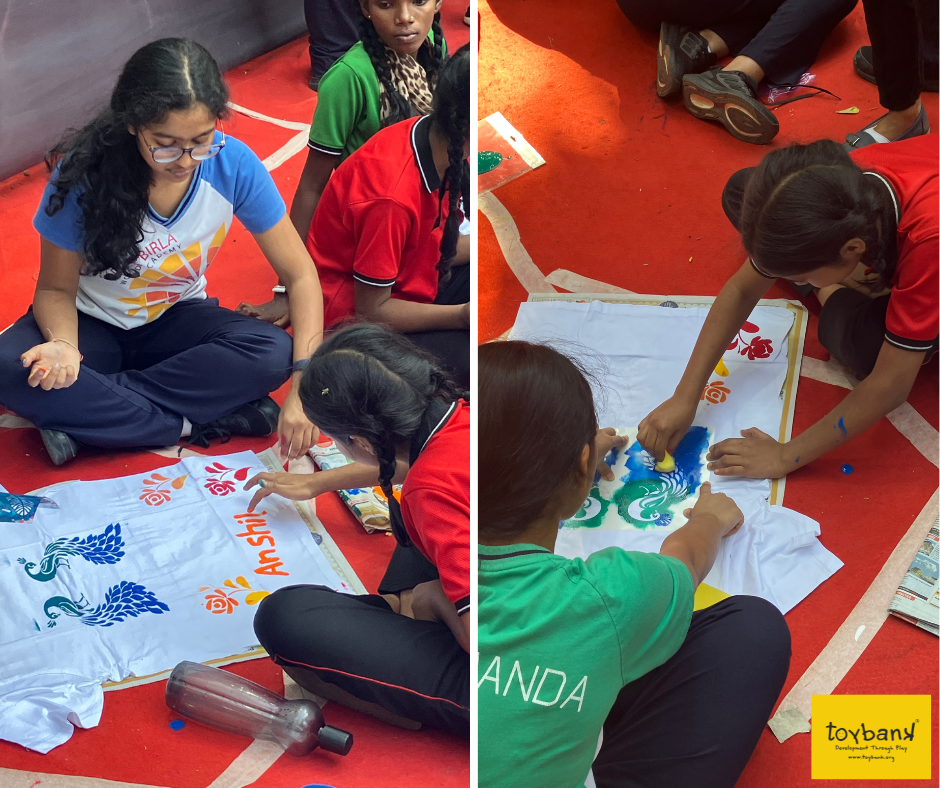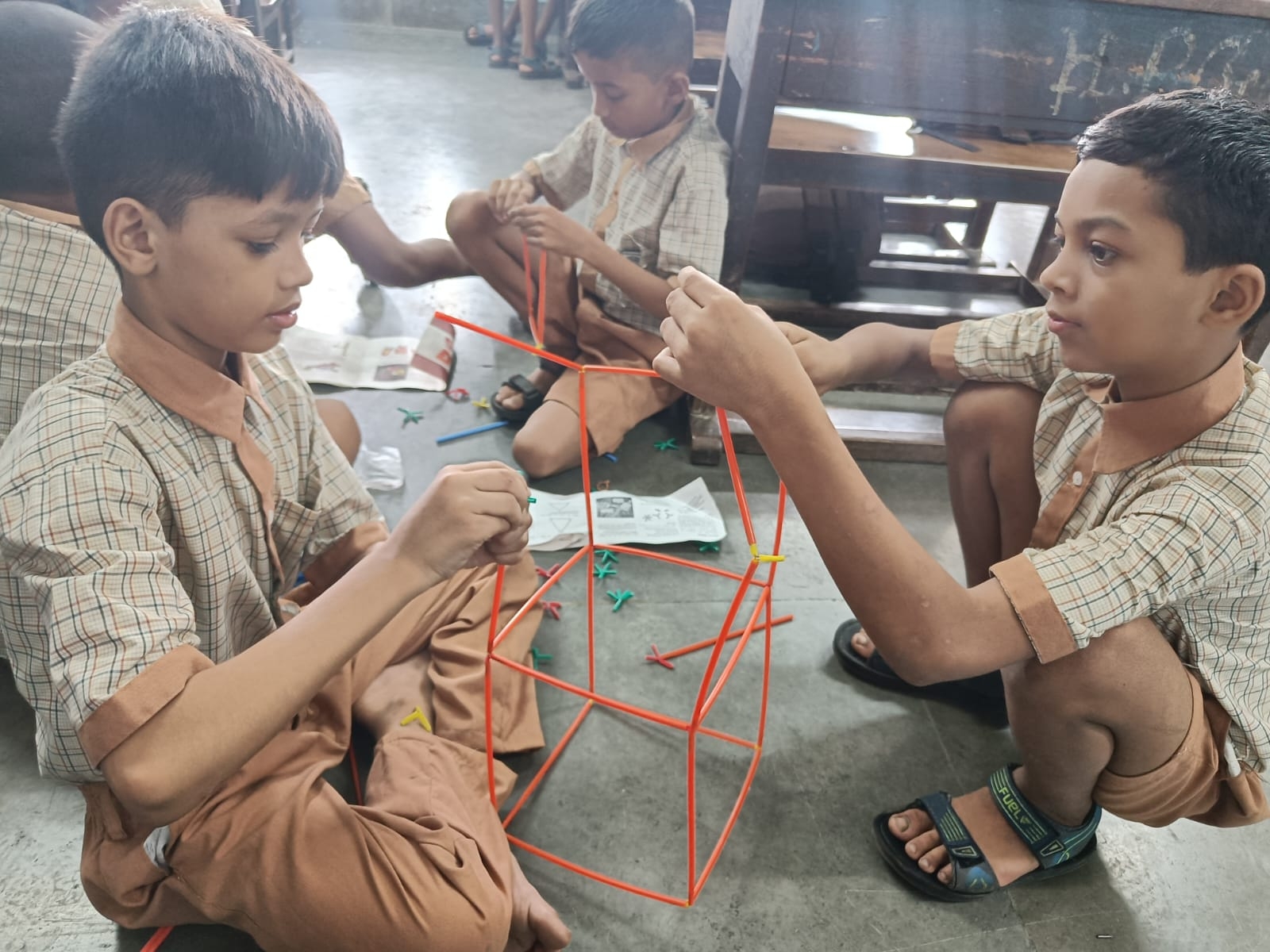Play sessions let me witness growth in children, says Grade 11 volunteer
While we have always been exposed to play as a fundamental need in our lives, children from vulnerable communities lack this approach.
It has been a huge learning and an incredible experience to witness the impact of play in the lives of children from marginalised communities, during my internship with The Opentree Foundation.
The organisation conducts play sessions through its flagship project: Toybank — Development through Play, with its 623+ play centres set up in 339 government schools of Maharashtra. The play sessions begin with fun activities for the children as a group, to set the momentum for the rest of the session. It’s also a way for children to unwind and take a break from their ongoing classes.
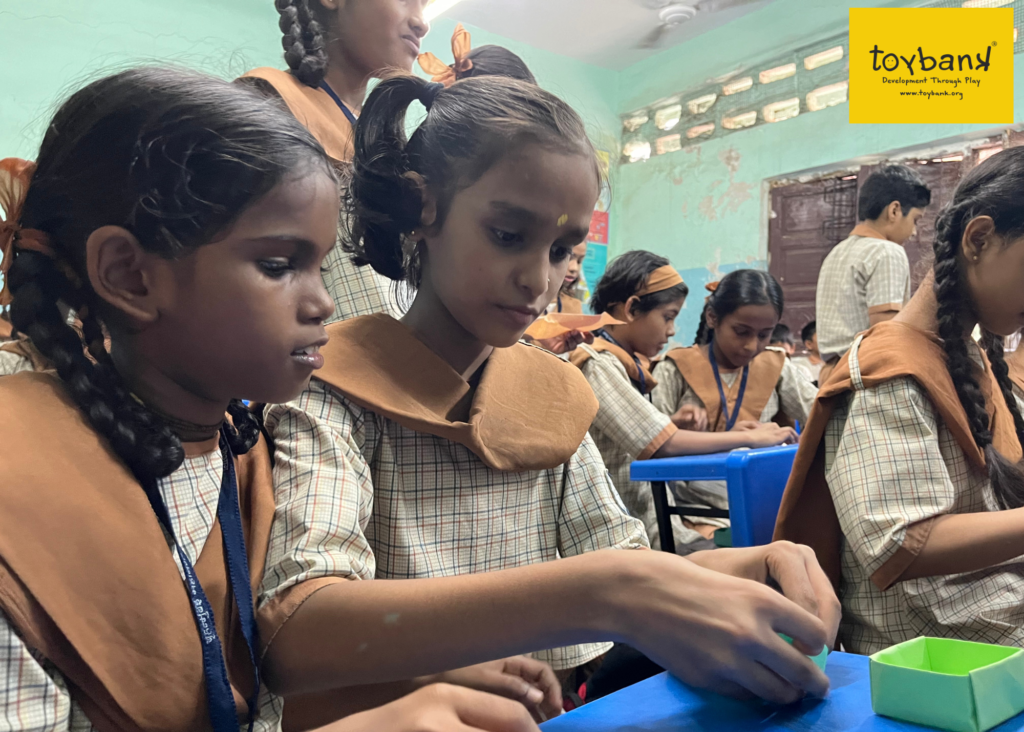
Games that involve multiplication, reading the time, chess, and multiple others are then brought out for children. I noticed that these games varied in complexity and catered to every child in the room. As a volunteer, I attempted to play all games with the children. Teaching them how to tell the time, counting numbers up to 20 with them, and taking part in multiple other groups were just some of the activities I was a part of over a span of three weeks.
While we have always been exposed to play as a fundamental need in our lives, children from vulnerable communities lack this approach. Interning with TOF allowed me to witness how play helps these children develop essential life skills. Through the multiple play sessions I attended, I was able to witness growth in children, including basic Math skills, social skills and improvement in some of their language skills.
In addition to this, on the International Day of Play, I got the opportunity to co-host an Instagram LIVE with chief play people, including Robyn Monro Miller, President of the International Play Association; Marguerite Hunter Blair, CEO, Play Scotland and Shweta Chari, CEO & Co-founder, TOF. The conversation included discussions around what can be done to make the world more playful for our children and what can we as young people do to advocate for play. It not only allowed me to understand how play is perceived at a global level, but also helped me understand the need for the Right to Play in India.
Aarush Kamdar is a Grade 11 student, former intern at TOF and now a play volunteer.

